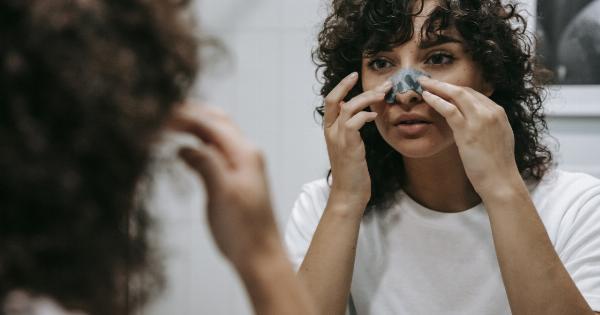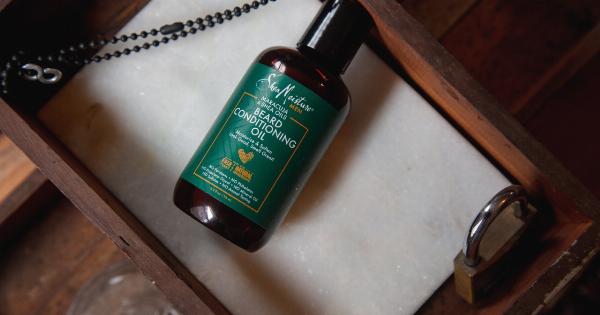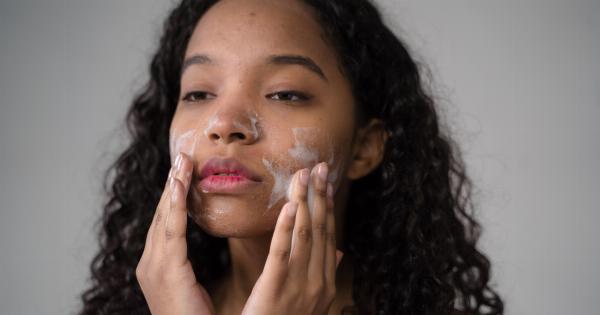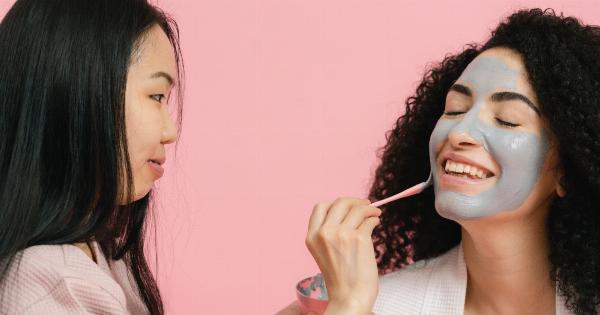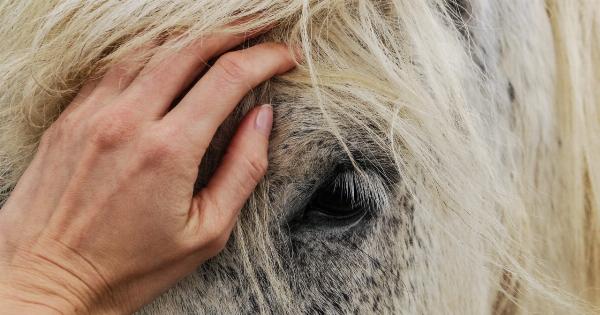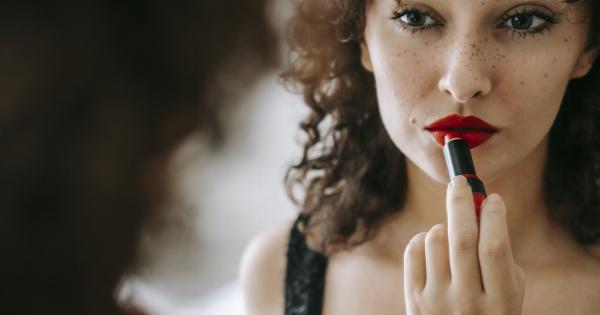Having strong, healthy hair is a desire for many people. However, achieving and maintaining strong hair requires more than just good genetics.
Hair nourishment is an essential aspect of hair care, and understanding the three basic building blocks of strong hair can help you take the right steps towards achieving your hair goals. In this article, we will explore these building blocks and provide you with valuable tips on how to nourish your hair for strength and vitality.
Protein: The Foundation of Strong Hair
Protein is a crucial building block for strong and healthy hair. Our hair is primarily made up of a protein called keratin, which provides the structure and strength to our locks.
Without an adequate supply of protein, our hair can become brittle, weak, and prone to breakage.
To ensure your hair receives enough protein, it’s important to include protein-rich foods in your diet. Some excellent sources of hair-friendly protein include lean meats, eggs, fish, dairy products, legumes, and nuts.
Additionally, incorporating protein treatments or masks into your hair care routine can help improve your hair’s strength and resilience.
Vitamins and Minerals: Fuel for Hair Growth
Vitamins and minerals play a vital role in promoting hair growth and maintaining overall hair health. They provide the necessary nutrients for the hair follicles to function optimally and encourage strong, lustrous hair growth.
Let’s take a closer look at some key vitamins and minerals:.
1. Biotin (Vitamin B7)
Biotin is often referred to as the “hair growth vitamin” due to its role in promoting hair growth and strengthening the hair shaft. It supports the production of keratin, the protein that forms the structure of the hair.
Foods rich in biotin include eggs, nuts, whole grains, and leafy greens.
2. Vitamin E
Vitamin E acts as an antioxidant, protecting the hair follicles from damage caused by free radicals. It also improves blood circulation in the scalp, promoting healthy hair growth. Some sources of vitamin E include avocados, seeds, nuts, and spinach.
3. Iron
Iron deficiency is a common cause of hair loss and thinning. Iron plays a crucial role in delivering oxygen to the hair follicles, promoting healthy growth.
Increasing your intake of iron-rich foods like red meat, spinach, lentils, and fortified cereals can help combat hair loss caused by iron deficiency.
Healthy Fats: Essential for Hair Strength
Dietary fats, specifically healthy fats, are essential for strong, nourished hair. Omega-3 fatty acids, in particular, contribute to the health of the scalp, prevent dryness and flakiness, and promote hair strength.
Including foods such as fatty fish (salmon, mackerel), avocados, nuts, and seeds in your diet can provide your hair with these beneficial fats.
Moreover, topical application of oils like coconut oil, argan oil, and olive oil can help nourish and moisturize the hair, making it less prone to breakage.
These oils also provide a protective coating to the hair shaft, reducing damage from heat styling and environmental factors.
Tips for Optimal Hair Nourishment
In addition to maintaining a balanced diet rich in protein, vitamins, minerals, and healthy fats, here are some essential tips for ensuring optimal hair nourishment:.
1. Gentle Hair Care
Avoid harsh hair care practices, such as excessive heat styling, brushing when wet, and using chemical-laden hair products. Treat your hair gently to minimize damage and breakage.
2. Regular Trimming
Schedule regular trims to get rid of split ends and prevent them from traveling up the hair shaft. This will keep your hair looking healthy and prevent breakage.
3. Protect from UV Rays
Protect your hair from the damaging effects of UV rays by wearing a hat or using hair products with built-in UV protection.
4. Avoid Over-Washing
Washing your hair too frequently can strip it of its natural oils, leading to dryness and damage. Aim to wash your hair every 2-3 days or as needed.
5. Hydration
Stay hydrated by drinking enough water throughout the day. Hydrated hair is less prone to dryness and breakage.
6. Stress Management
Excessive stress can take a toll on your hair health. Practice stress management techniques, such as meditation, yoga, or engaging in activities that help you relax and unwind.



